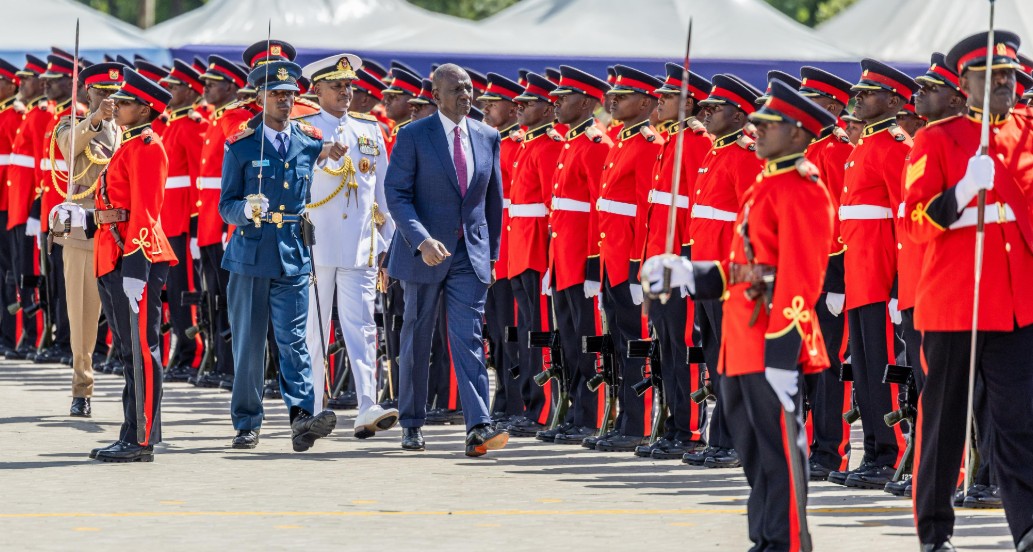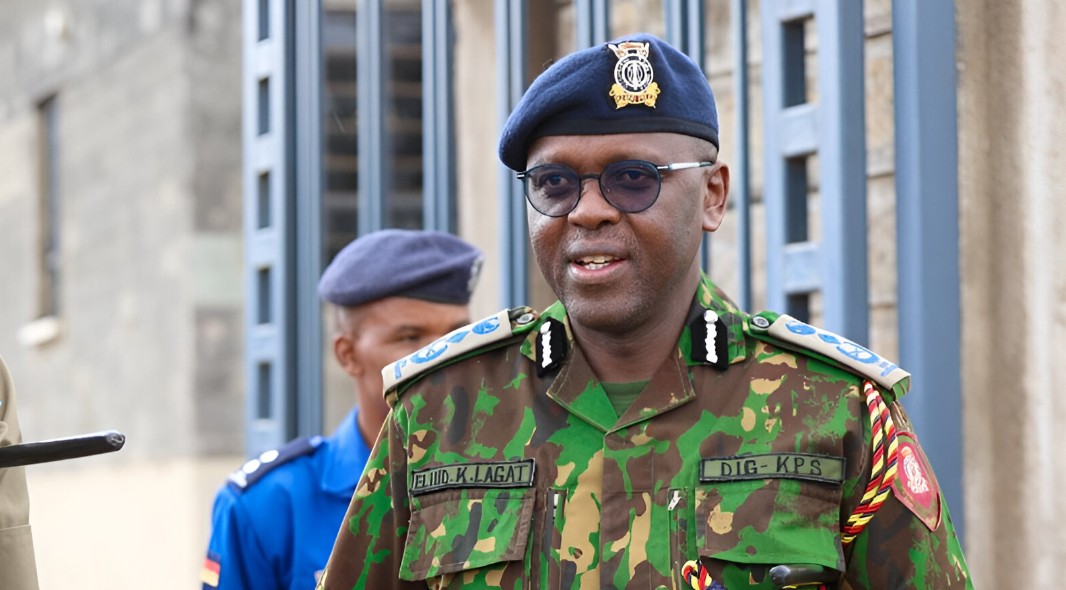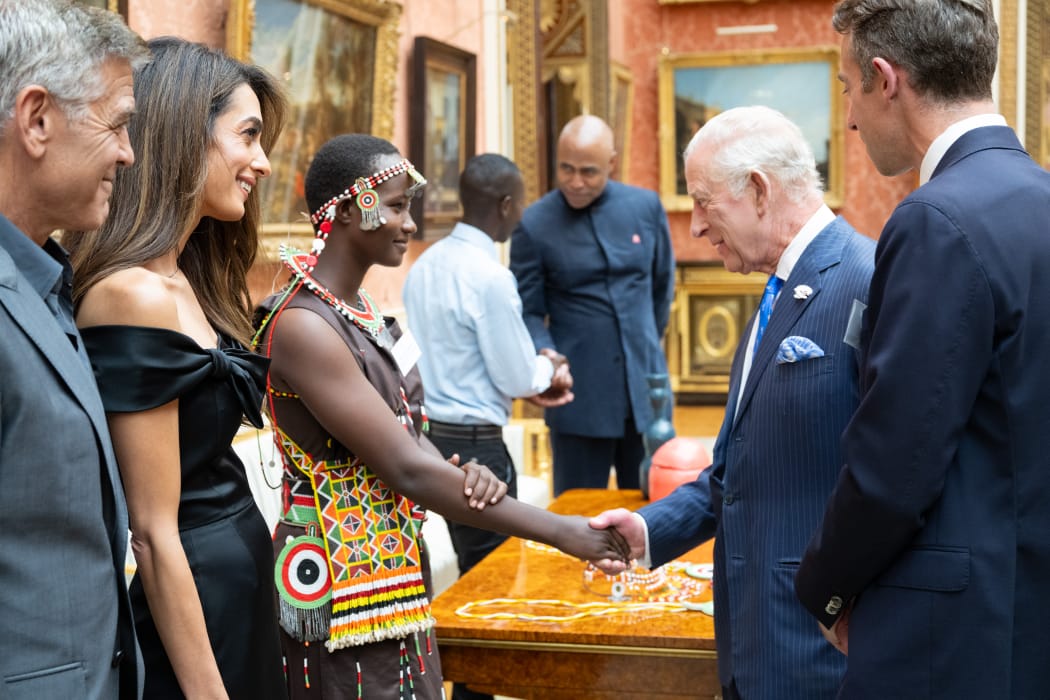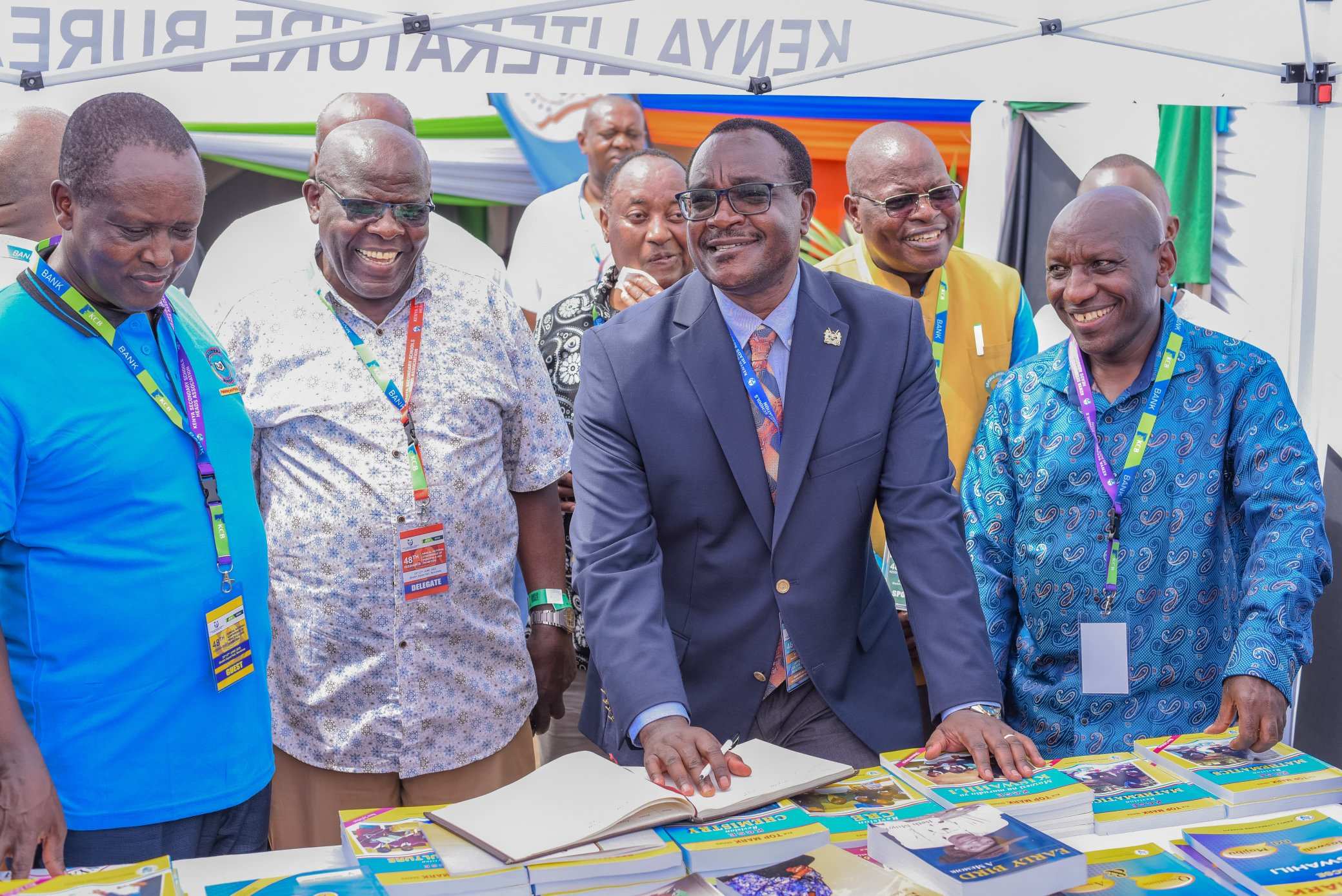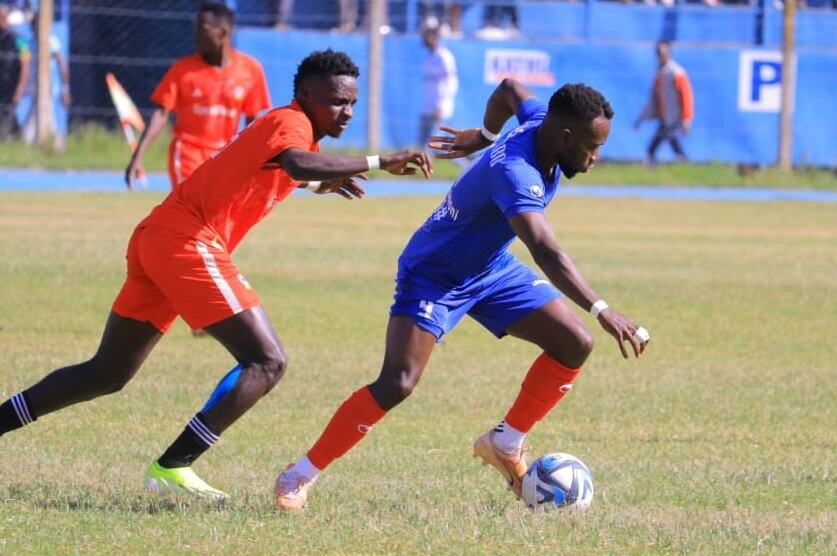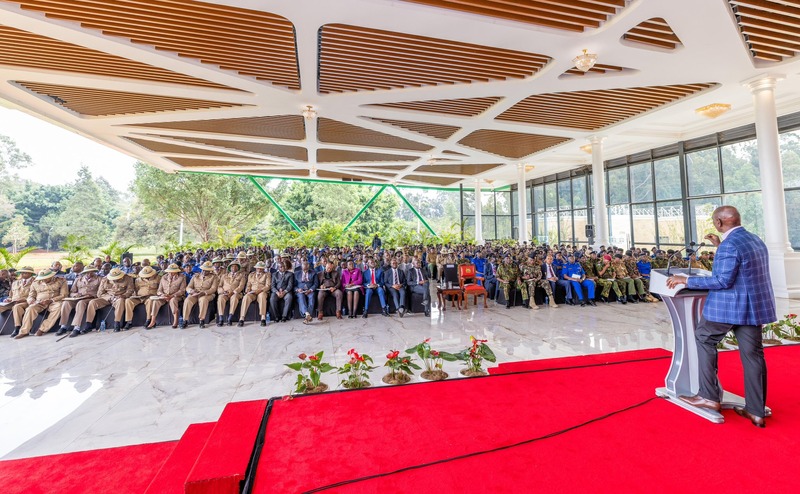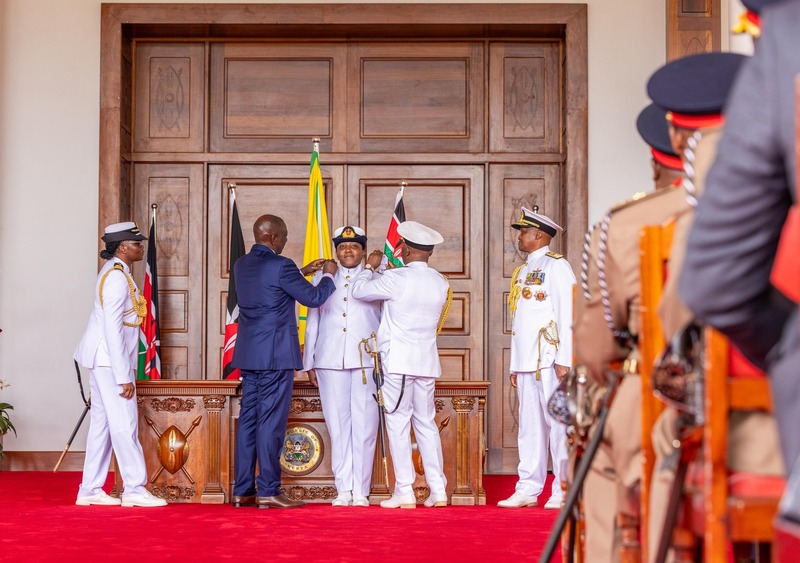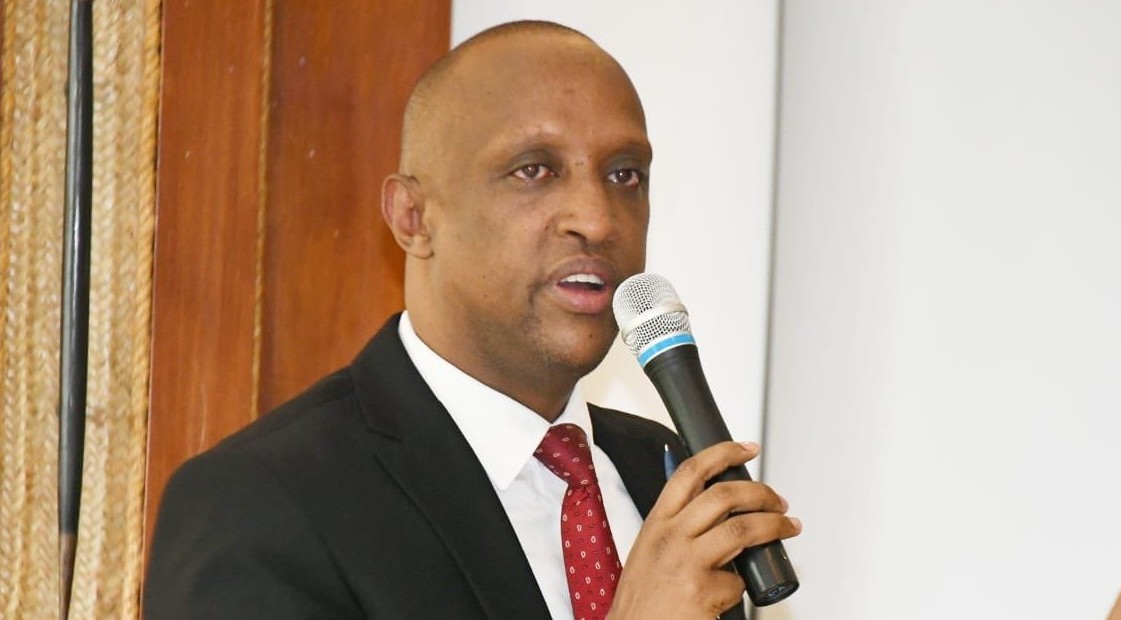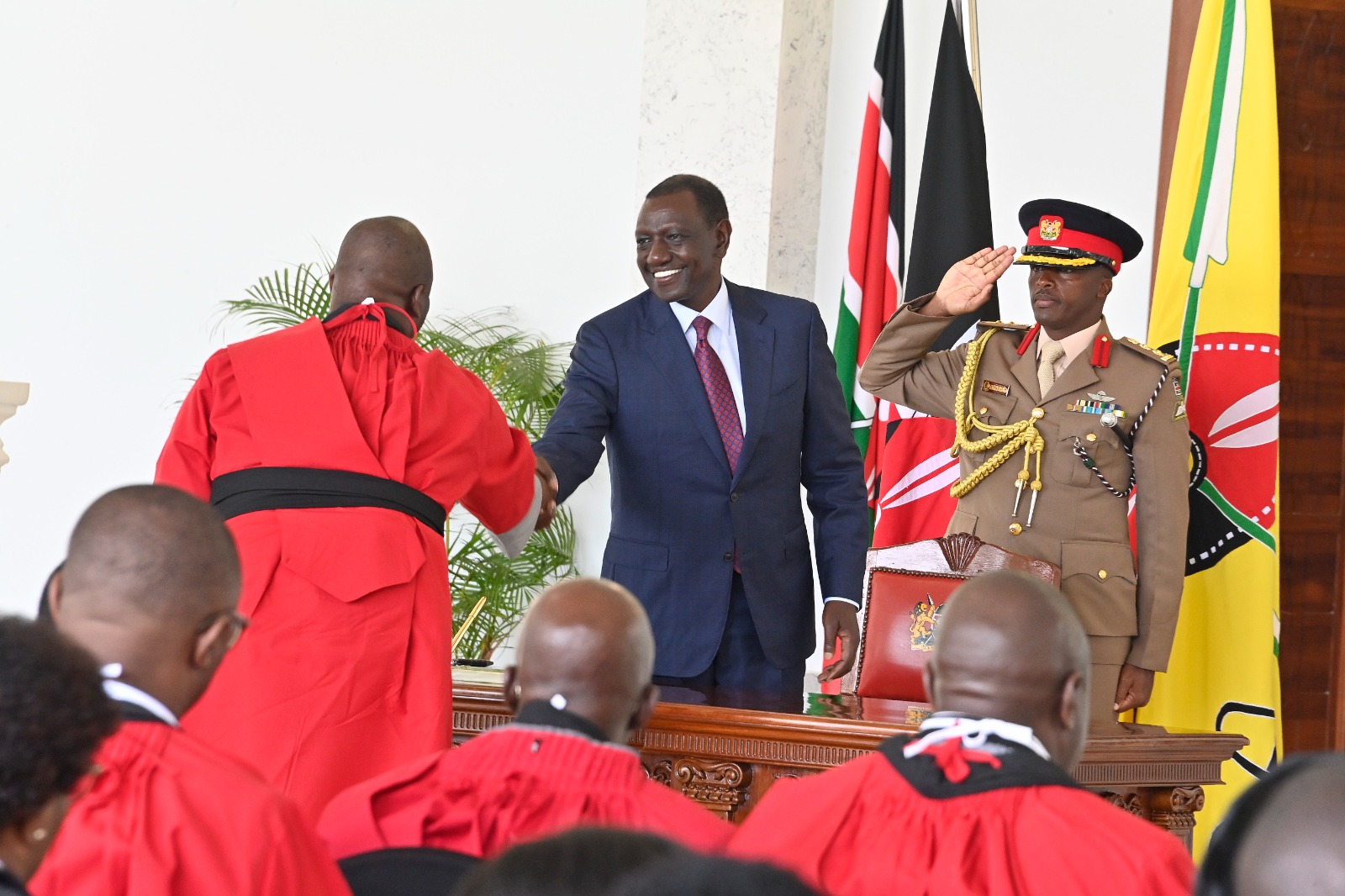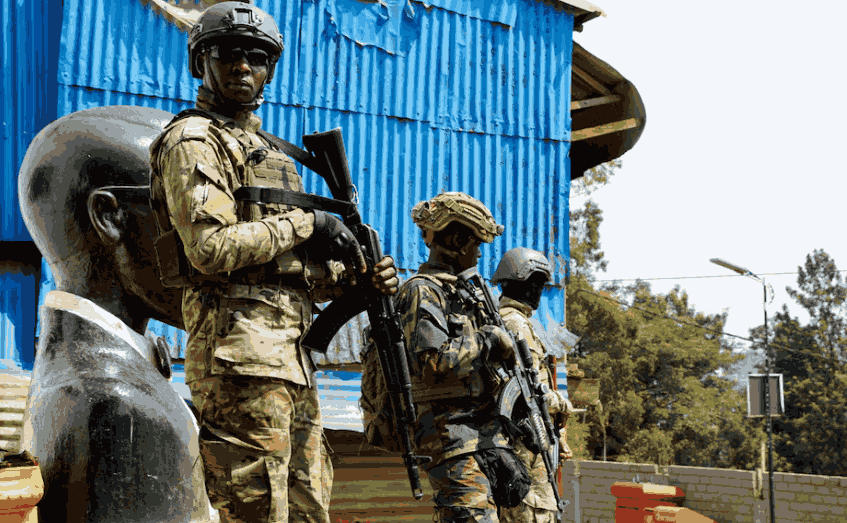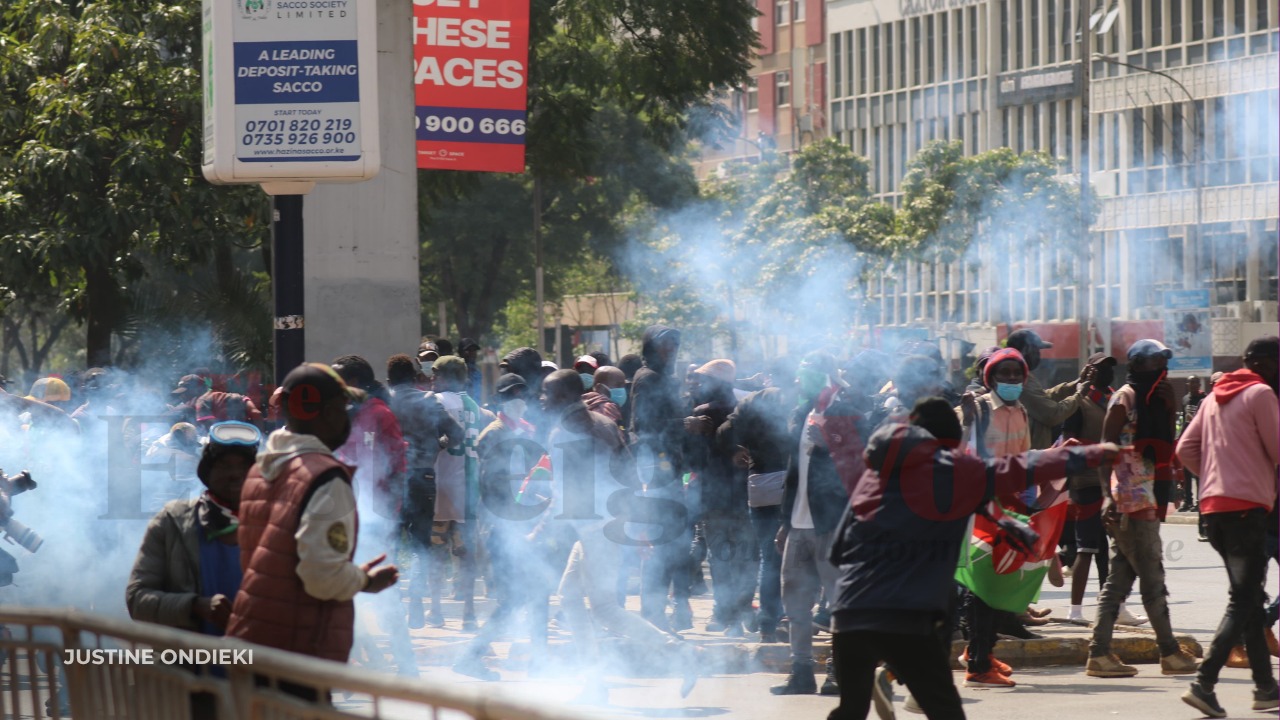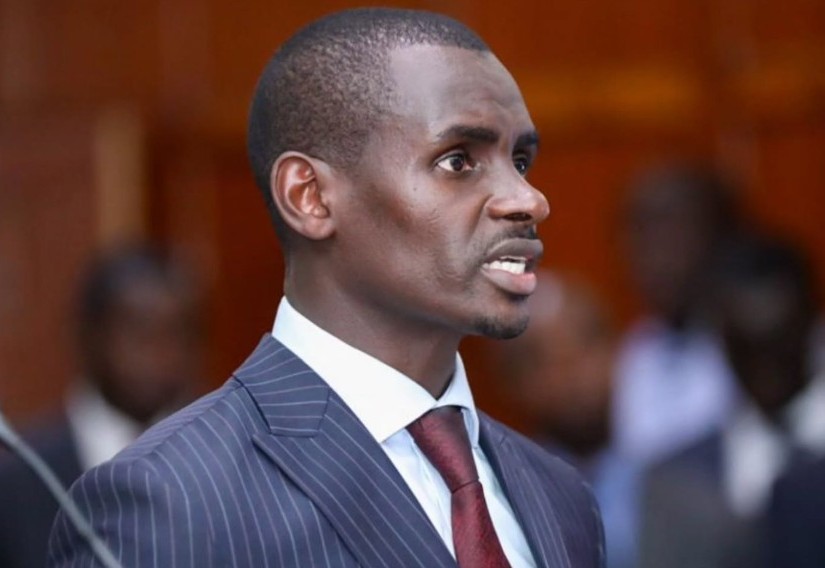Political observers express caution over leaders’ blame games on violence ahead of 2027 polls
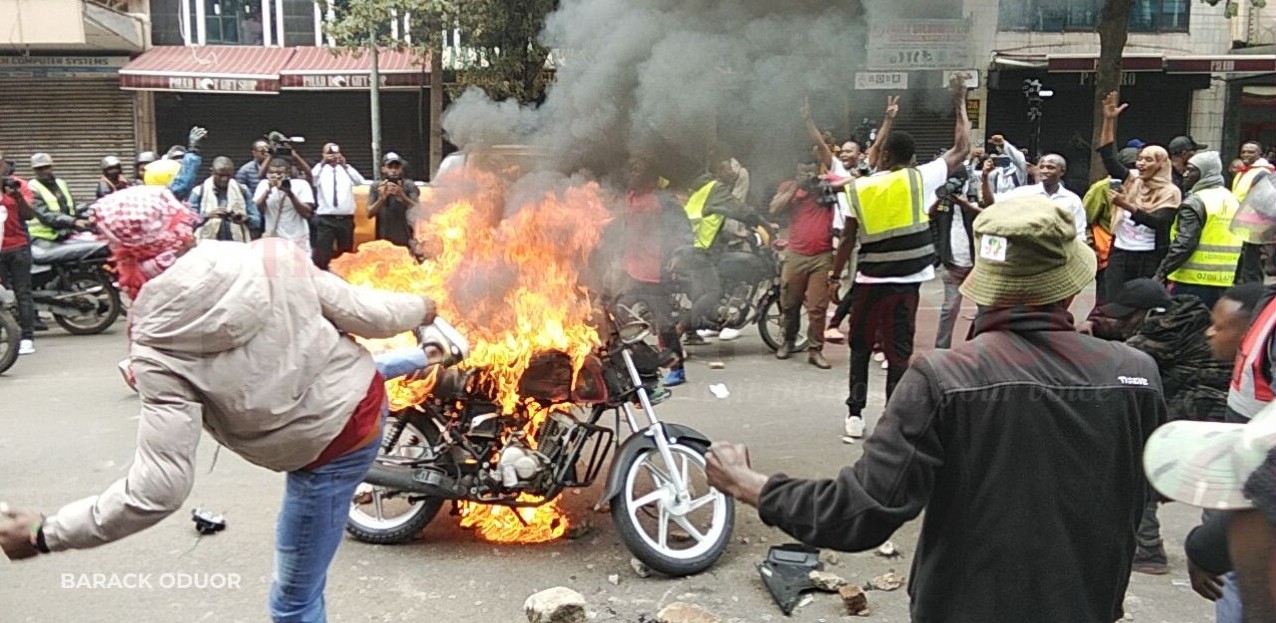
Politicians allied to the broad-based government have called for the arrest of former Deputy President Rigathi Gachagua over alleged links to the chaos during the Wednesday, June 25, Gen Z memorial protests.
The political heat generated by leaders over who is responsible for the deaths and destruction of properties during the recent protests across the country has alarmed political observers who are warning that it risks plunging the nation into chaos in the 2027 electoral contest.
Politicians allied to the broad-based government have called for the arrest of former Deputy President Rigathi Gachagua over alleged links to the chaos during the Wednesday, June 25, Gen Z memorial protests, while the former DP has also hit back, accusing the State of being behind the wanton destruction.
More To Read
- "They wanted to kill me", says female police officer attacked during June 25 anniversary protests
- High Court restrains DCI from arresting Lawyer Shadrack Wambui over June 25 anniversary protests
- Don’t blame Gachagua over demos and fix the country, opposition tells Ruto
- 25 protesters detained for 14 days over Kikuyu violent demos
- Why I skipped June 25 anniversary protests - Gachagua
- LSK condemns CS Kipchumba Murkomen's 'shoot-to-kill order', warns police against illegal directives
Led by National Assembly Speaker Moses Wetangula, Majority Leader Aaron Cheruyot, and President Ruto’s aide Farouk Kibet, the leaders condemned the violence, terming it “planned terrorism” by the opposition.
"Anybody can picket or demonstrate or present a petition to any office. Now that what happened on Wednesday, I wanted to hear the bishops on whether they saw the mayhem that occurred and whether it was the right thing," Wetangula stated.
They urged the ODPP and Judiciary to act swiftly, blaming the opposition for anarchy, destruction of property, and loss of lives.
"Last year, there were demonstrations in Liverpool. Within 3 weeks, all those who destroyed property were jailed. 2 weeks ago, there were protests in Los Angeles, as we speak today, all those who destroyed public property are in jail," Cheruiyot pointed out.
On his part, the former Deputy President blamed his former boss, President William Ruto, for using excessive force against unarmed protesters, terming that the country has been turned into a police state.
“In the strongest terms possible, I condemn the use of excessive force and live bullets by the Police on peaceful and unarmed Gen-Z protesters witnessed yesterday across the country,” Gachagua said in a statement on June 26, 2025.
High Court Advocate and Political Commentator Evans Ogada Ogada told The Eastleigh Voice that reckless blame games by politicians are a recipe for violence in the 2027 electoral contest, which is likely to be knife-edge.
“Yes, politicians trading blame over chaotic protests could fuel violence and ethnic animosity in the 2027 elections. For example, one politician's controversial claim that "there will be no elections in 2027" has already heightened tensions, with some interpreting it as a strategy to extend the current regime's power,” said Ogada.
He avers that such rhetoric, combined with the aftermath of violent protests such as looting, arson, and deaths, risks deepening divisions and mobilising groups along ethnic or political lines, mirroring patterns seen in other polarised contexts where elite incitement escalated conflicts.
He warns that politicians' blame-shifting also erodes trust in institutions, legitimises grievances, and may embolden extremist factions, similar to how misinformation and elite rhetoric fueled the US Capitol riot.
Pro-government legislators have demanded the arrest of former Deputy President Rigathi Gachagua for allegedly inciting Kenyans into violence for his political gain.
The MPs, led by Kimilili Member of Parliament Didmus Barasa, accused the former DP of reportedly hiring goons from central Kenya to destroy properties in Nairobi's Central Business District (CBD).
"We are demanding the immediate arrest of the former DP who has been on record sounding drums of war, inciting our young people against individuals who do not subscribe to his political ideology," Barasa claimed.
He went on to add, "It is clear that our former impeached DP has been mobilising resources and goons to destroy government properties and target businesses of people who do not support his ideas."
His sentiments were echoed by Uriri MP Mark Nyamita, who claimed that the youthful protests were infiltrated by politically driven thugs to cause chaos and destabilise the nation.
While condemning the protests, Nyamita urged Kenyans who are against the current regime to seek change through the ballot in 2027 rather than storming government institutions or marching to the State House.
Gachagua has rubbished Interior Cabinet Secretary Kipchumba Murkomen’s assertion that the protests were part of a planned coup. Murkomen had claimed that the organisers intended to take over symbols of state power—specifically Parliament and State House—to suggest a regime change.
“That was not a protest, that was an attempted coup,” Murkomen said on Thursday. “The plan was to storm institutions of authority and democracy.”
Observers have decried that the 2007 election chaos began in a similar fashion. Javas Arafat Bigambo, a lawyer and governance expert, notes that political violence is mostly premeditated and mostly used as a tool of control, supremacy battle, and intimidation.
“Mt Kenya may easily be the epicentre of political violence in 2027. It behoves the government to scale up security measures and the rule of law, without any form of favouritism. NCIC must grow a backbone and fulfil its statutory mandate. Evidently, there are red flags for 2027 elections, and early precautionary measures are most advised,” observes Bigambo.
Top Stories Today
Reader Comments
Trending
